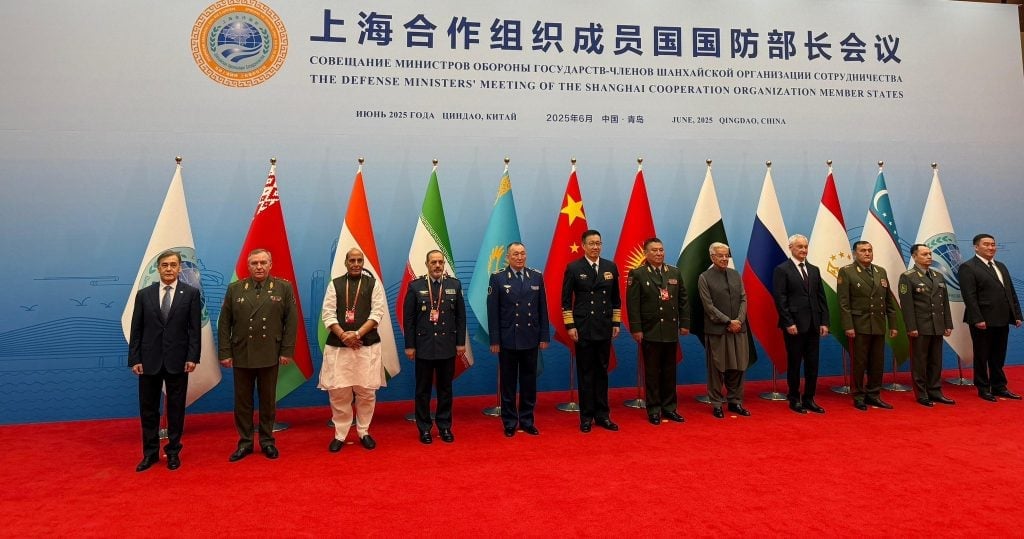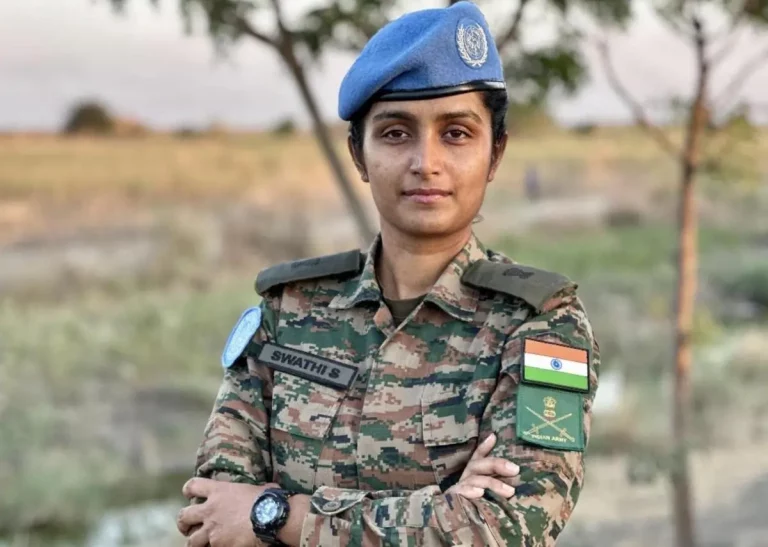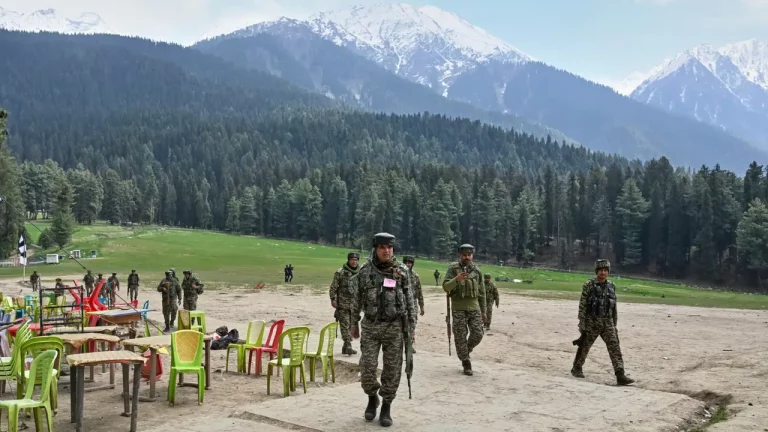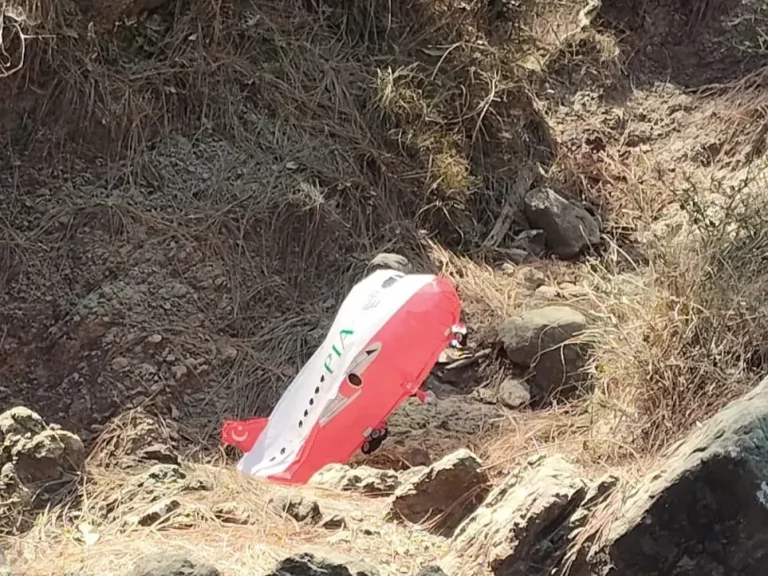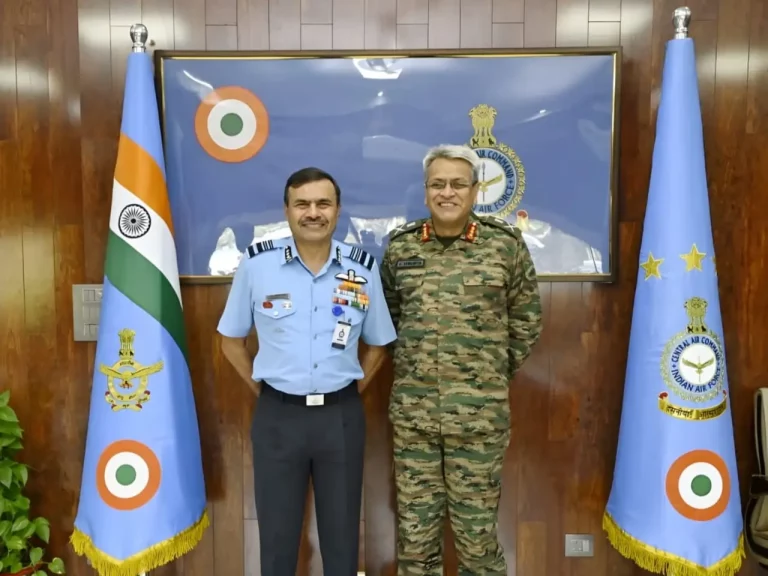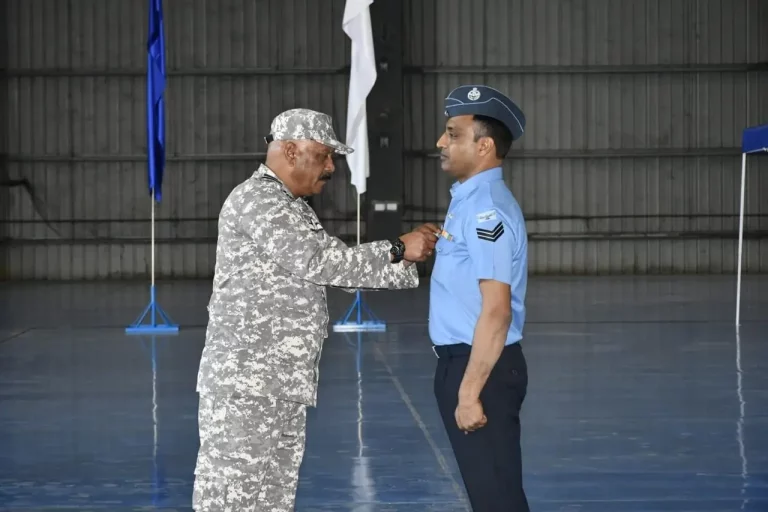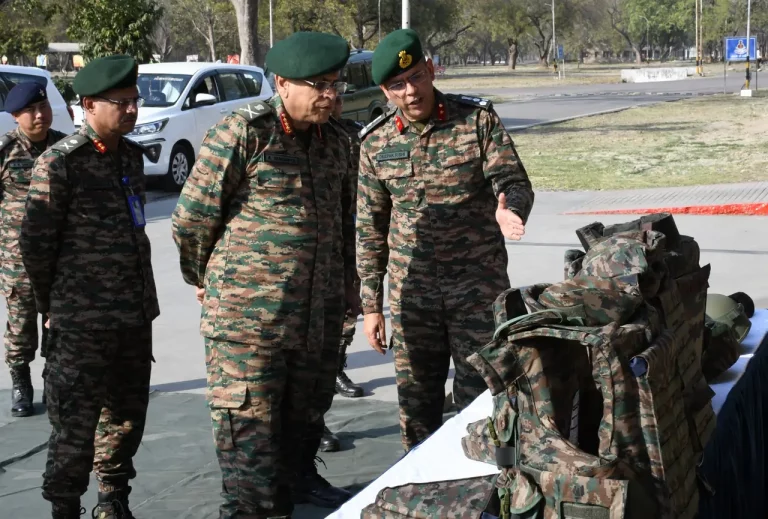During the recent Shanghai Cooperation Organisation (SCO) Defence Ministers’ meeting held in Qingdao, Defence Minister Rajnath Singh made headlines with his unwavering stance on terrorism. He notably refused to endorse a joint declaration that many sources suggest would have diluted India’s stringent position on this pressing issue.
Reports indicate that there was significant pressure from China and Pakistan to omit any reference to the devastating April 22 Pahalgam terror attack, which tragically resulted in the loss of 26 lives. Instead, these countries sought to highlight incidents such as the Jaffar Express hijack. Due to a lack of consensus on these points, India opted not to sign the final document presented at the meeting.
In a forthright address, Singh condemned nations that harbor terrorists and engage in cross-border terrorism as a state policy. He stated, “Some countries use cross-border terrorism as an instrument of policy and provide shelter to terrorists. There should be no place for such double standards. SCO should not hesitate to criticise such nations.”
Singh’s remarks were pointed and echoed the memory of the Pahalgam attack, wherein a terror group known as ‘The Resistance Front’ executed a brutal assault on innocent tourists, resulting in significant civilian casualties. Among the victims was a Nepali national, illustrating the indiscriminate nature of the attack which specifically targeted individuals based on their religious identities.
He attributed the group’s actions to being a proxy of the Lashkar-e-Taiba, a terrorist organization designated by the United Nations. Furthermore, Singh reaffirmed India’s right to self-defense, referencing the military operation known as Operation Sindoor, launched on May 7, 2025, in direct response to such terrorist acts. He emphasized, “India’s zero tolerance for terrorism is evident through our actions. Epicentres of terrorism are no longer safe, and we will not hesitate to act decisively.”
The Defence Minister emphasized the necessity for SCO member nations to unite against the threats of radicalisation and terrorism. He urged, “We must take proactive steps to prevent the spread of radicalisation among our youth.”
Prior to his trip to China, Singh received a comprehensive briefing at the Northern Command headquarters in Udhampur from senior Army officials, including Chief of the Army Staff General Upendra Dwivedi and Northern Army Commander Lt Gen Pratik Sharma. This briefing centered on the security situation in Jammu and Kashmir, counter-terror operations, and preparations for the forthcoming Amarnath Yatra pilgrimage.
Singh’s assertive actions in Qingdao reinforce India’s steadfast commitment to combating terrorism, even within multilateral forums where diplomatic negotiations are often more nuanced. His strong statements are likely to resonate both domestically and internationally, reflecting India’s broader geopolitical stance on this critical issue.
